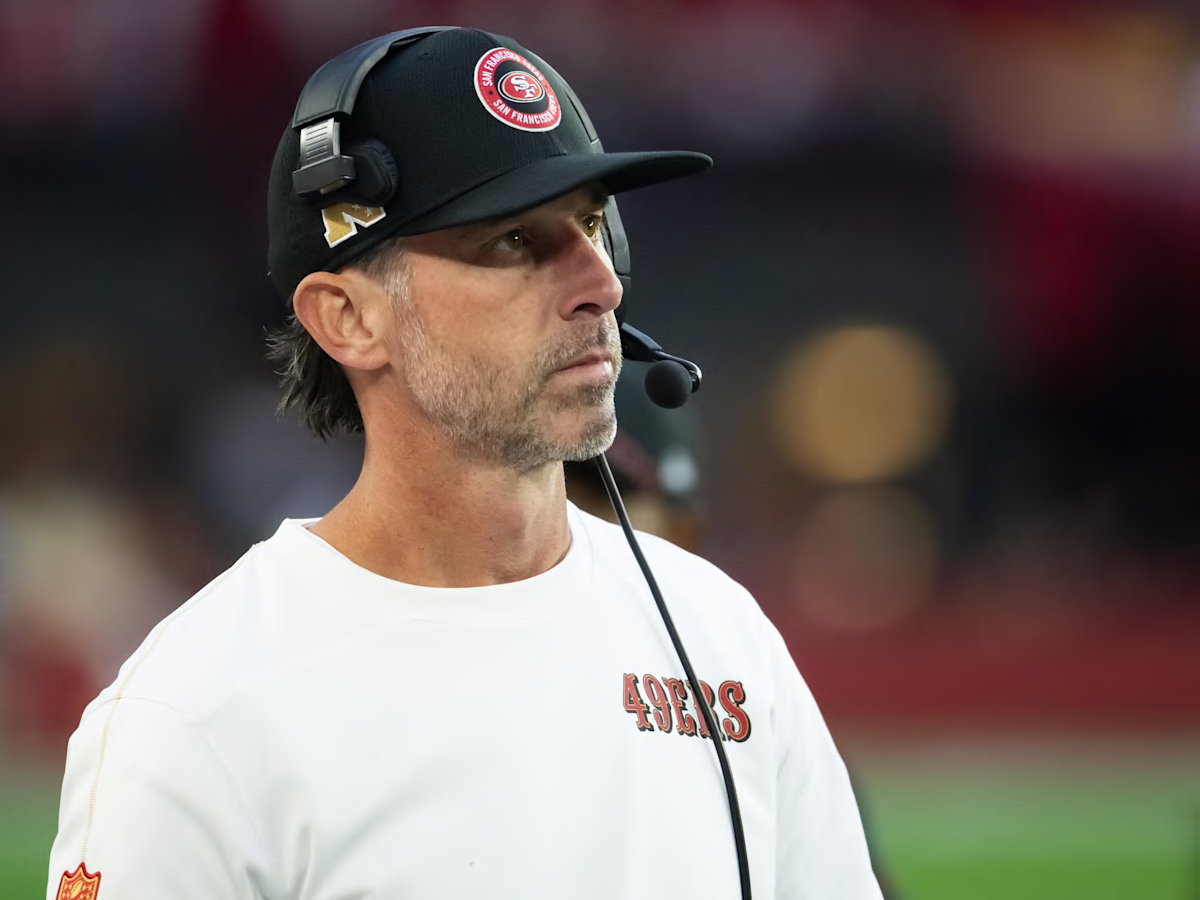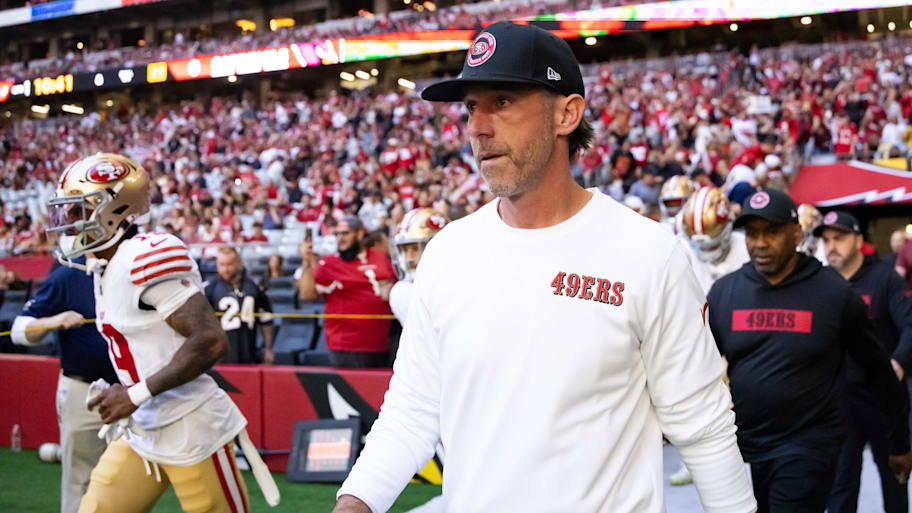How the 49ers Benefit From Limiting Cash Spending
A New Financial Approach
The San Francisco 49ers are taking a different approach this offseason, stepping away from their usual heavy spending. With notable free agents walking away and minimal outside signings, the team appears to be tightening its financial belt. While some fans may see this as a sign of regression, there is a major advantage to this strategy. By limiting their cash spending, the 49ers are implementing much-needed financial discipline, which could prove crucial for long-term success.

Avoiding Costly Mistakes
One of the biggest advantages of this spending limit is that it puts checks and balances on head coach Kyle Shanahan’s personnel decisions. In previous years, Shanahan has had significant influence over player acquisitions, often leading the front office to push financial limits to secure players he favored. However, some of these decisions have resulted in contracts that now seem excessive or regrettable.
For example, Brandon Aiyuk’s contract extension was met with skepticism from executives, prompting trade rumors. The restructuring of Deebo Samuel’s contract last September has also raised concerns. Similarly, big deals for Javon Hargrave and previous restructuring of Arik Armstead’s contract have contributed to financial strain. By limiting spending, the 49ers are preventing further missteps and ensuring more prudent decision-making.

The Need for a Roster Transition
For the past five years, the 49ers have maintained a “run it back” mentality, consistently prioritizing the retention of their core players. While this strategy has kept the team competitive, it has also created financial burdens. At some point, even beloved players must be cut or traded to maintain long-term success.
Currently, the team’s 2025 season is heavily dependent on injury-prone stars like Trent Williams and Christian McCaffrey—both of whom have lucrative contracts that could eventually become liabilities. This spending reset allows the 49ers to gradually transition to a new core while maintaining flexibility for future roster moves.
Preventing Unnecessary Extensions
Had the 49ers continued their previous spending habits, they might have extended Brock Purdy to a blockbuster deal before it was truly necessary. While Purdy has shown promise, prematurely locking him into a lucrative long-term contract could prove costly if his performance declines or if injuries take a toll.
By limiting spending, the team can take a more measured approach to contract extensions, ensuring that players are paid based on sustained performance rather than short-term success. This financial restraint allows the 49ers to negotiate from a position of strength rather than obligation.

A More Disciplined Future
In the NFL, emotional decisions can lead to long-term financial setbacks. Shanahan has historically struggled with letting go of players he values, which has resulted in some questionable financial moves. This new approach forces the 49ers to be more cold-blooded in their negotiations and personnel decisions—a necessary shift for sustained competitiveness.
Ultimately, limiting cash spending this offseason is not a sign of weakness but a strategic move toward greater financial responsibility. By stepping back from reckless spending, the 49ers are setting themselves up for a more stable and sustainable future.





